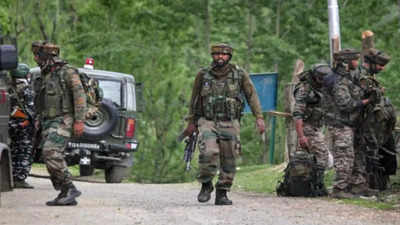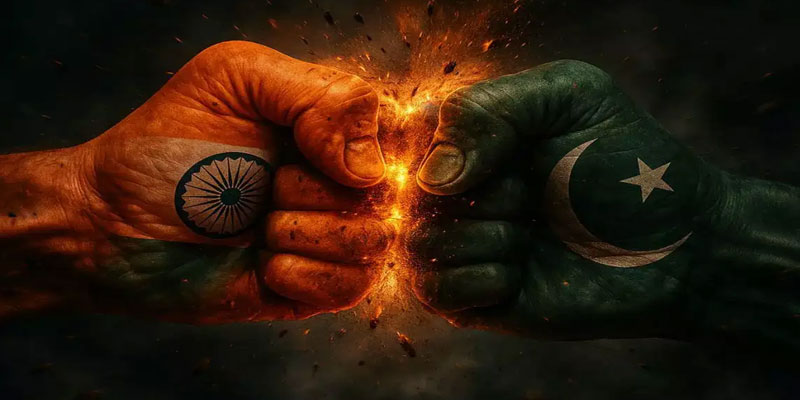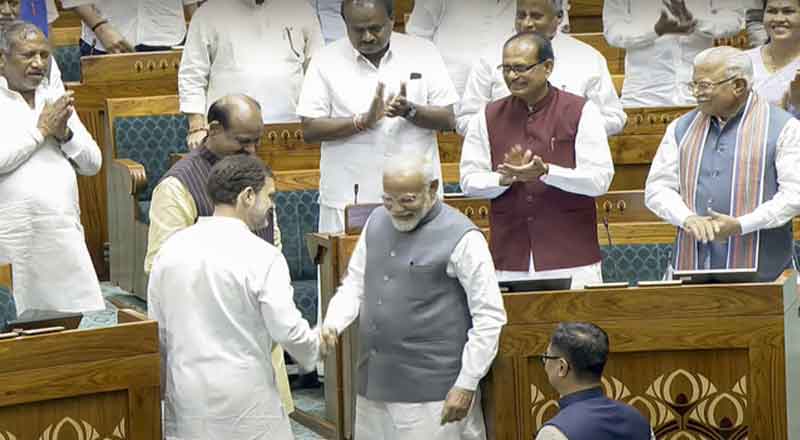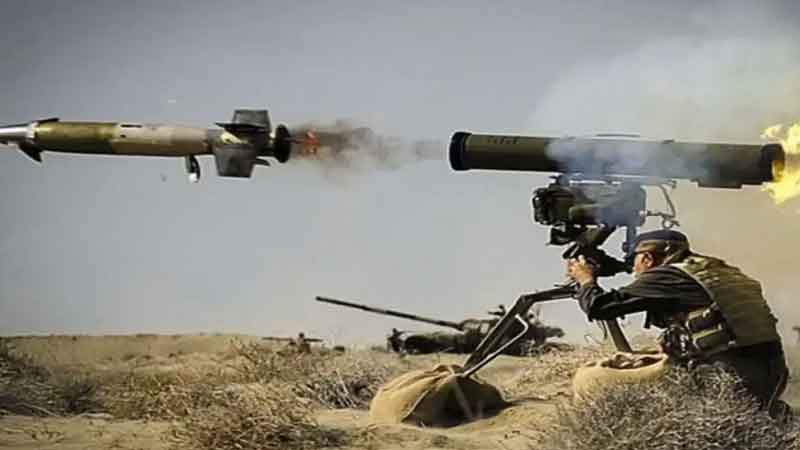Pak Minister Confesses to Terror Training Under Western Influence
In a stunning and controversial revelation, Pakistan’s Defence Minister Khawaja Asif has admitted on international media that the country trained and backed terror groups for over three decades — under the influence of the United States and the West. The statement, made during an interview with journalist Yalda Hakim, aligns with India’s longstanding assertion that Pakistan has been a state sponsor of terrorism, especially in South Asia.
“We have been doing this dirty work for the US and the West, including Britain, for three decades,” Asif said, referring to Pakistan’s involvement in arming and sheltering militants during the Cold War and the post-9/11 era. While he labeled it a “mistake” that has cost Pakistan dearly, the implications of his admission reverberate strongly in the wake of the recent terror strike in Jammu & Kashmir.

Pahalgam Terror Attack: Tourists Targeted in Cold Blood
On April 22, 2025, the serene meadows of Baisaran near Pahalgam turned into a site of horror as 26 tourists — including one Nepali national — were gunned down by militants from The Resistance Front (TRF), an offshoot of Lashkar-e-Taiba. The victims hailed from 14 different states across India, adding a pan-national scale to the tragedy.
Indian intelligence agencies traced the attack’s roots to handlers across the border, bolstering New Delhi’s claims of Pakistan’s indirect involvement. The Centre swiftly imposed diplomatic and strategic measures — suspending the Indus Waters Treaty, revoking visas of Pakistani nationals, and closing the Attari border.
Prime Minister Narendra Modi condemned the attack unequivocally, vowing that India would “identify, trace, and punish” every terrorist and those who back them.

Blame Game and Denials from Islamabad
Despite the shockwaves of his earlier admission, Defence Minister Asif attempted to deflect responsibility for the Pahalgam carnage, going so far as to accuse India of staging the attack. “This was orchestrated to create a regional crisis and pin the blame on Pakistan,” he claimed, denying the existence of Lashkar-e-Taiba and claiming ignorance about TRF.
However, the contradiction in Asif’s statements — admitting historic support for terror while denying current linkages — only deepens suspicions about Pakistan’s ongoing role in fostering violence in Kashmir.
When asked about the possibility of Indian military retaliation, reminiscent of the 2019 Balakot airstrikes post-Pulwama, Asif warned of “an all-out war,” expressing concern over the risk of conflict between two nuclear-armed nations.
India Responds with Firm Resolve
India’s response to the Pahalgam attack has been both immediate and assertive. Apart from diplomatic disengagement, the government has engaged all-party consensus and intelligence briefings, ensuring national unity in its response to cross-border terror.
The broader message from India is clear: while diplomacy and development are priorities, national security will not be compromised, and perpetrators — wherever they hide — will face consequences.
An Admission That Changes the Narrative
Khawaja Asif’s admission is more than a political gaffe — it is a geopolitical revelation. By acknowledging Pakistan’s complicity in terror for decades, even under the guise of Western alliance, Islamabad has undercut its own denials and strengthened India’s global position on terrorism.
The massacre in Pahalgam is not just a tragedy; it is a wake-up call. It underscores the urgent need for international consensus on isolating state-sponsored terror — and ensuring that no nation can use “proxy wars” as tools of foreign policy without accountability.
(With inputs from agencies)





